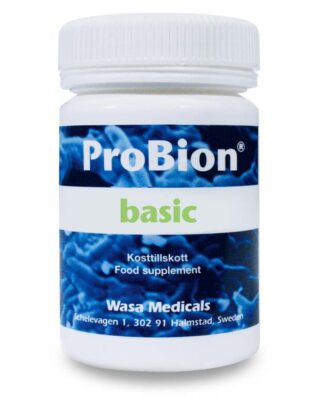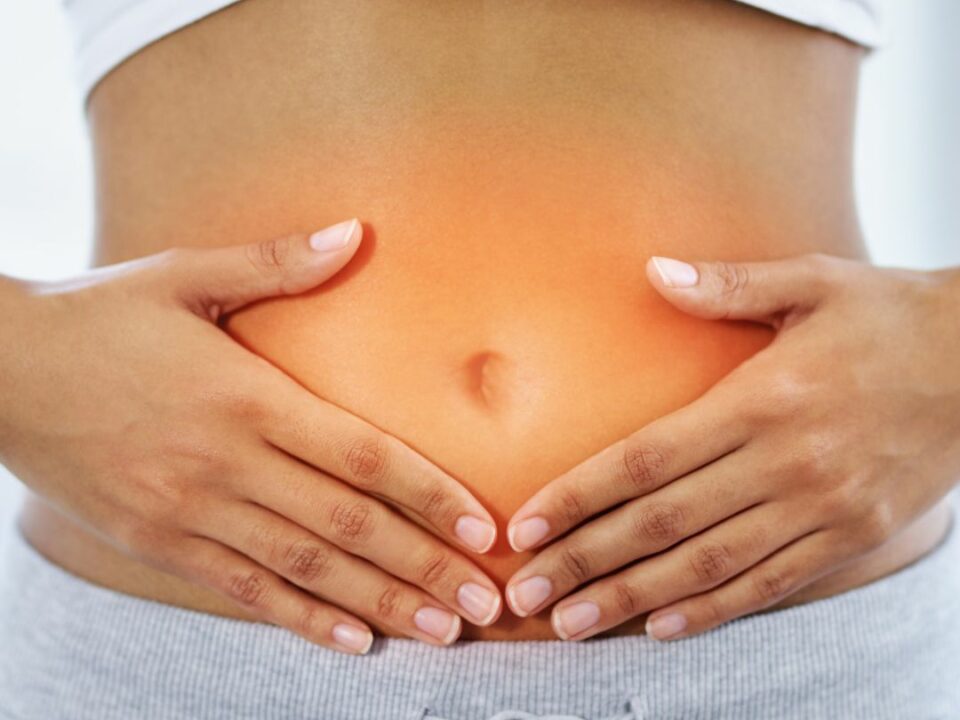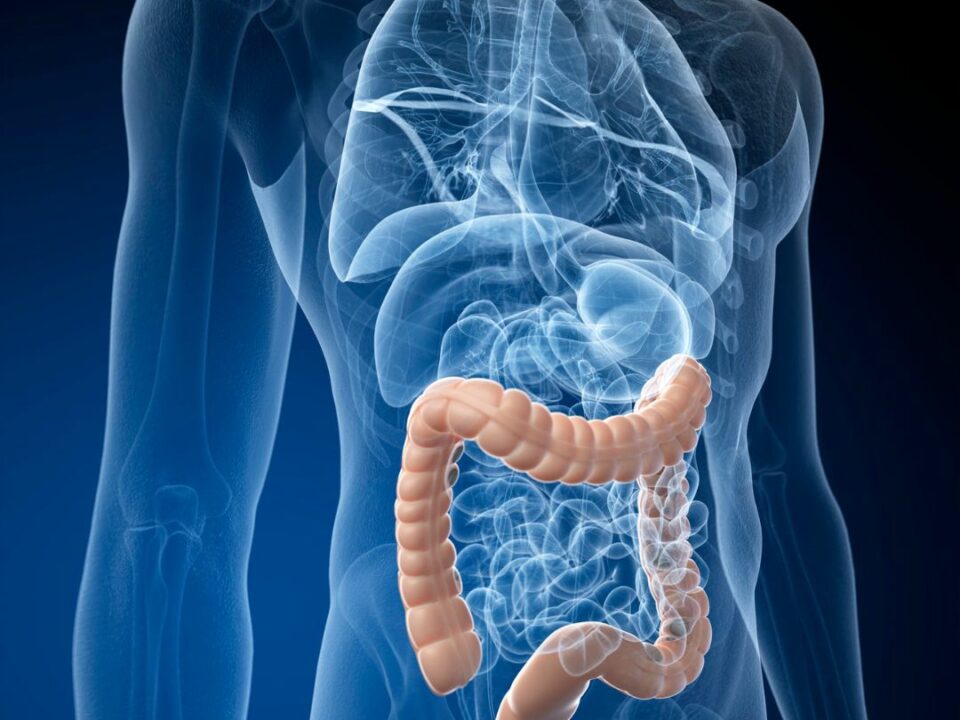
the best probiotics natural probiotics ibs digestion
Irritable Bowel Syndrome (IBS)
Irritable bowel syndrome or IBS is a common disorder affecting the digestive tract predominantly the large intestine. It is considered a functional digestive disorder, which implies that the symptoms in IBS are caused by a dysfunction of the digestive tract instead of its growth, permanent damage or chronic inflammation. This dysfunction interferes with the normal passage of food through the digestive tract producing symptoms. IBS is also referred to as irritable colon, spastic colon, spastic colitis, and mucous colitis. The common symptoms are bouts of bloating, stomach cramps, constipation, and diarrhea. It affects about one in five individuals at some point during their life.
The symptoms of IBS tend to worsen and get better with time and an attack can last either for a few days or continue even for many weeks or months. It is generally a chronic problem, which needs lifelong management. The cause of IBS is unknown and its occurrence has been linked to various factors such as changes in the microflora of the gut, stress, oversensitive nerves of the digestive tract and eating certain foods. It doesn’t have any cure but you can control your symptoms by making dietary and lifestyle changes and taking certain medicines.
See also: How Much Toxic Poop Waste is Trapped in Your Body Colon?
Symptoms of IBS
The common symptoms of IBS are:
- Abdominal pain
- Cramping
- Gas and bloating
- Diarrhea
- Constipation
- Food Intolerance
- Heartburn
- Feeling nauseous or uncomfortable after having a meal
- Recurrent bathroom emergencies
- Symptoms that aggravate after meals
Additional Symptoms
Apart from the main or common symptoms, some individuals may experience a number of additional symptoms including:
- Lethargy or lack of energy
- Lower backache
- Feeling sick
- Bladder problems like a need to wake at night to urinate, feeling of an urgent need to pass urine and difficulty in emptying the bladder fully
- Incontinence
- Pain during sexual intercourse (also known as dyspareunia)
Symptoms of IBS can be continuously present in some people but in most of them, they come and then get better, often occurring in cycles. They are present for at least three days a month.
Pain in Abdomen: Abdominal pain or discomfort and stomach cramping are among the most common symptoms of irritable bowel syndrome. You can experience cramping in your stomach after having a meal. It usually gets better after you pass stool. The experts at the National Institute of Diabetes and Digestive and Kidney Diseases states that the cause of the pain or discomfort in the abdomen is the oversensitive nerves of your digestive tract. The brain in people who have IBS process pain signals coming from the large intestine differently in comparison to normal people.
Bloating: Abdominal bloating is another symptom of irritable bowel syndrome. It may cause your midsection or belly to feel full and tight. Due to bloating your stomach can also appear visibly swollen.
Flatulence or Gas: Irritable bowel syndrome often causes flatulence or gas. Eating or drinking certain foods and drinks can worsen this symptom. For instance, consuming the following foods can increase the formation of gas:
- Beans
- Milk or dairy products
- Cabbage
- Foods containing a high amount of fats such as deep-fried foods or cheese
- Drinks containing alcohol, artificial sweeteners or caffeine
Eating foods containing high amounts of fiber can also cause flatulence. On the contrary, some symptoms of irritable bowel syndrome such as constipation can be relieved by increasing the intake of fiber in the diet. If you have been asked by your doctor to consume more fiber then, you should increase your intake of fiber gradually. This helps in lowering your chances of developing bloating and gas. Symptoms like gas and bloating usually resolve after you pass a stool.
Bowel Movement Changes
Irritable bowel syndrome can change your bowel habits, producing either diarrhea or constipation or both alternating with each other. You can also pass mucus along with the stool.
Diarrhea: Your diarrhea is related to IBS if you pass watery and loose stools multiple times in a day. IBS that has diarrhea as the predominant symptom affects approximately one-third of people suffering from the disorder. A study published in the journal “World Journal of Gastroenterology,” demonstrated that people who had diarrhea as the predominant symptom of IBS passed on average 12 stools per week. This was two times more than in adults who didn’t have IBS. You can have a sudden and immediate urge to pass a stool. This can cause significant stress and even make you avoid social situations as you may fear a sudden onset of loose stools.
Constipation: Although it may seem counterintuitive, irritable bowel syndrome can result in both constipation and diarrhea. IBS that has constipation as the predominant symptom is the most common type of the disorder and it affects approximately half of the people suffering from IBS.
Constipation is referred to as passing less than three stools per week. ‘Functional’ constipation is chronic constipation that is not caused by any disease. It occurs very commonly and is not due to IBS. Constipation due to IBS differs from functional constipation in that the latter is usually not painful.
On the contrary, constipation in irritable bowel syndrome is accompanied by pain in the abdomen that is relieved by passing stool. You can also have a feeling of incomplete bowel movement along with constipation in IBS, which results in straining.
Your constipation is related to IBS if you:
- Have to strain a lot to pass stool
- Pass dry, hard and lumpy stool
- Pass stools less than four times per week
It is very uncomfortable to have constipation. Chronic constipation can result in various complications including anal impactions, hemorrhoids, and anal fissures.
Alternating Diarrhea and Constipation: Mixed or alternating diarrhea and constipation affect approximately 20 percent of people suffering from IBS. Constipation and diarrhea in IBS are associated with recurring, chronic pain in the abdomen. Abdominal pain is an important indication that bowel movement changes are due to IBS and not due to mild, common infections of the gut or diet. The pain is relieved by having a bowel movement.
This type of irritable bowel syndrome has a tendency to be more severe in comparison to other types with more intense and frequent symptoms.
Mucus: Presence of mucus in stool is another sign of irritable bowel syndrome. Mucus is a slimy, jelly-like substance that is secreted by the lining of the digestive tract to coat and protect it. In IBS, whitish mucus can be present in your stool, especially with loose stools.
Food Intolerance: About 70 percent of people suffering from irritable bowel syndrome report that certain foods trigger their symptoms. It is not clear as to why the symptoms are triggered by these foods. These intolerances to foods aren’t food allergies. Though trigger foods vary for different people, some common foods include those that produce gas along with gluten, lactose, and stimulants like caffeine.
Mental Symptoms
Irritable bowel syndrome can cause significant distress and impact your daily life. People who have the condition report poor quality of life and suffer from mental symptoms such as difficulty sleeping, depression and anxiety.
Difficulty Sleeping and Fatigue: Fatigue is reported by more than half of the people suffering from irritable bowel syndrome. In a study published in the journal, “Neurogastroenterology and Motility,” it was found that 160 adults suffering from IBS had low stamina, which limited their ability to do physical activities, domestic work, office work, and social interactions. Irritable bowel syndrome is also linked to insomnia that includes difficulty in falling asleep, waking up frequently at night and not feeling rested in the morning. In a study conducted on 112 adults suffering from irritable bowel syndrome, 13 percent reported having a poor quality of sleep. Furthermore, poor sleep in IBS patients is also linked to more severe symptoms of the gastrointestinal tract the next day.
Depression and Anxiety: Irritable bowel syndrome is also linked to symptoms of depression and anxiety. It is not clear whether the mental stress that occurs due to living with irritable bowel syndrome increases the tendency of people to develop psychological difficulties or whether the symptoms of the disorder are caused due to mental stress itself.
Whichever occurs first, psychological symptoms including anxiety and depression and digestive issues of IBS reinforce each other into a vicious cycle.
In a study published in the journal, “Psychosomatic Medicine,” out of 94,000 women and men, people who had IBS were greater than 70 percent more likely to suffer from a mood disorder including depression and greater than 50 percent more likely to suffer from an anxiety disorder. Furthermore, people with IBS also had greater levels of stress as found by the levels of the stress hormone cortisol.
Additionally, anxiety reduction therapy reduces stress and symptoms related to IBS.
Buy ProBion for any digestive situation
What causes Irritable Bowel Syndrome (IBS)?
What exactly causes irritable bowel syndrome is unknown; however, according to most experts it’s related to problems in digesting food and increased sensitivity of your digestive tract. This implies that you can have diarrhea or constipation because the food travels through your digestive tract either too quickly or too slowly or you are oversensitive to the pain originating from your digestive tract.
Psychological factors including stress also play a vital role in the occurrence of IBS.
IBS Triggers
Certain foods and beverages can act as triggers and cause the signs and symptoms of irritable bowel syndrome. Though triggers vary in different individuals, some common ones are:
- Alcohol
- Chocolate
- Fizzy drinks
- Drinks containing caffeine such as coffee, tea or cola
- Fried or fatty food
- Processed snacks and foods such as biscuits and crisps
Stress is also a factor that triggers the symptoms of IBS.
What are the Risk Factors of Irritable Bowel Syndrome?
Your tendency to have IBS is increased if you:
- Are female. About twice as many females are affected by IBS as males.
- Are young. It tends to occur more frequently in individuals who are younger than 50 years of age.
- Have a positive family history of irritable bowel syndrome.
- Have a psychological problem. Depression, anxiety and other psychological issues are linked with IBS. A personal history of physical, emotional or sexual abuse may also increase your risk.
How is Irritable Bowel Syndrome Diagnosed?
Irritable bowel syndrome doesn’t produce any specific detectable abnormalities in the digestive system; hence, no specific tests can diagnose it. In the majority of the cases, a diagnosis of IBS is based on the presence of typical symptoms of the condition.
Your doctor may consider evaluating you for irritable bowel syndrome if you are having the below-mentioned symptoms for a period of at least six months:
- Abdominal bloating
- Abdominal discomfort or pain
- Changes in bowel habits such as diarrhea or constipation or both or increased frequency of passing stools
Your doctor may ask for blood tests so that they can rule out other medical conditions, which cause symptoms similar to IBS such as infections or celiac disease. Your stools may also be tested to rule out the presence of calprotectin-a substance that is secreted by the intestines when they are inflamed. If it is present in your stools then it implies that the cause of your symptoms may be inflammatory bowel disease (IBD) and not IBS.
When to visit your Doctor?
You should visit your doctor if you have certain more serious symptoms, which indicate that you may be suffering from a more serious illness such as cancer. These symptoms are:
- Unexplained loss of weight
- Rectal bleeding
- Diarrhea during night
- Iron deficiency anemia
- Difficulty in swallowing
- Unexplained vomiting
- Persistent pain in the stomach or abdomen that doesn’t get better by passing stool or gas
- A lump or swelling in the stomach or rectum
Your doctor may also recommend further testing if you have a positive family history of ovarian cancer or bowel cancer or if your age is greater than 60 years and you have changes in your bowel habits, which have lasted for greater than six weeks.
Treating Irritable Bowel Syndrome
Irritable bowel syndrome can’t be cured, but you can manage your symptoms by making dietary and lifestyle changes. For instance, you can help improve your symptoms by:
- Identifying and avoiding foods or beverages that trigger them
- Altering the quantity of fiber that you include in your diet
- Reducing your stress levels
- Exercising regularly
In some people, medicines are also prescribed to treat their individual symptoms.
Irritable Bowel Syndrome and Probiotics
Your gastrointestinal tract is swarming with beneficial bacteria referred to as gut microflora that play a vital role in maintaining your health. But, due to many reasons this gut microflora may get out of balance and allow the proliferation of harmful bacteria-a condition referred to as intestinal dysbiosis.
Probiotics are the live strain of bacteria found in supplements and foods. They are similar to naturally occurring gut microflora and provide many health benefits by improving the intestinal microflora. Some probiotic foods are sauerkraut, yogurt, kimchi, tempeh and other foods that are fermented. Furthermore, probiotic strains of bacteria present in supplements are Bifidobacterium and Lactobacillus.
A lot of research is done recently to investigate how probiotics can be used in the treatment and management of irritable bowel syndrome.
Symptoms of IBS are also linked to changes in the microflora of the gut. For instance, people suffering from IBS have reduced amounts of Bifidobacterium and Lactobacillus in their digestive tracts and greater amounts of harmful bacteria Clostridium, Streptococcus, and E. coli. Furthermore, bacterial overgrowth occurs in the small intestines of up to 84 percent of people with IBS and that can cause many of their signs and symptoms. Also, some medicines, which are used in the treatment of IBS, may also damage the gut microflora.
Changes in the microflora of the gut can cause symptoms of IBS by increasing the sensitivity of the intestine to gas, increasing inflammation, changing motility of the gut and decreasing immune function.
It is proposed that probiotics improve symptoms of IBS by:
- Hindering the growth of harmful bacteria
- Boosting the barrier functions of the immune system
- Helping control inflammation
- Slowing down the passage of food in the gut
- Reducing the production of gas by balancing the microflora of the gut
- Reducing the sensitivity of the gut
- Reducing permeability of the intestines (leaky gut)
One of the greatest challenges for scientists and researchers is to find which strains of bacteria are most effective in relieving symptoms of IBS. According to research, the below-mentioned strains have been found effective:
- Bifidobacterium strains, (including B. bifidum, B. longum, and B. infantis)
- Lactobacillus strains, (including L. Plantarum and L. acidophilus)
The British Dietetic Association states that you should take a probiotic supplement to treat your symptoms of IBS initially for four weeks and see if you have any effect on the symptoms. If there is no effect, they advise that you should try a different probiotic product that has different strain/strains of live bacteria.
Living with Irritable Bowel Syndrome
Irritable bowel syndrome is unpredictable. You cannot have symptoms for many months and then suddenly have a flare-up.
The condition is also very debilitating and painful and this can cause a negative effect on your emotional state and overall life quality. As already stated, many people suffering from IBS may experience symptoms of anxiety and depression.
Talk to your doctor if you are having a feeling of anxiety or depression, especially if they start affecting your routine life. These symptoms usually require treatment and your doctor may advise treatments including antidepressant medications or cognitive behavioral therapy that can help in relieving not only the mental symptoms but also other symptoms of the disorder.
With appropriate treatment, you can live an active and normal life along with IBS.
Irritable bowel syndrome doesn’t make you prone to develop cancer or other conditions related to the digestive tract.
References










